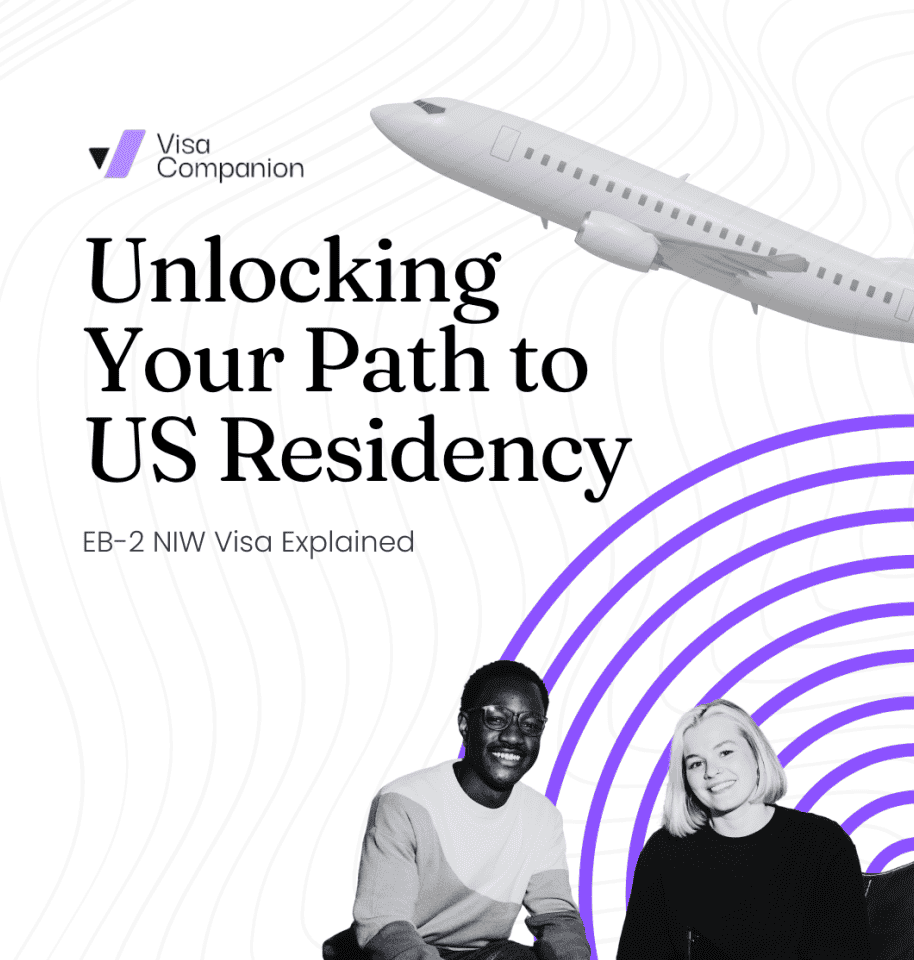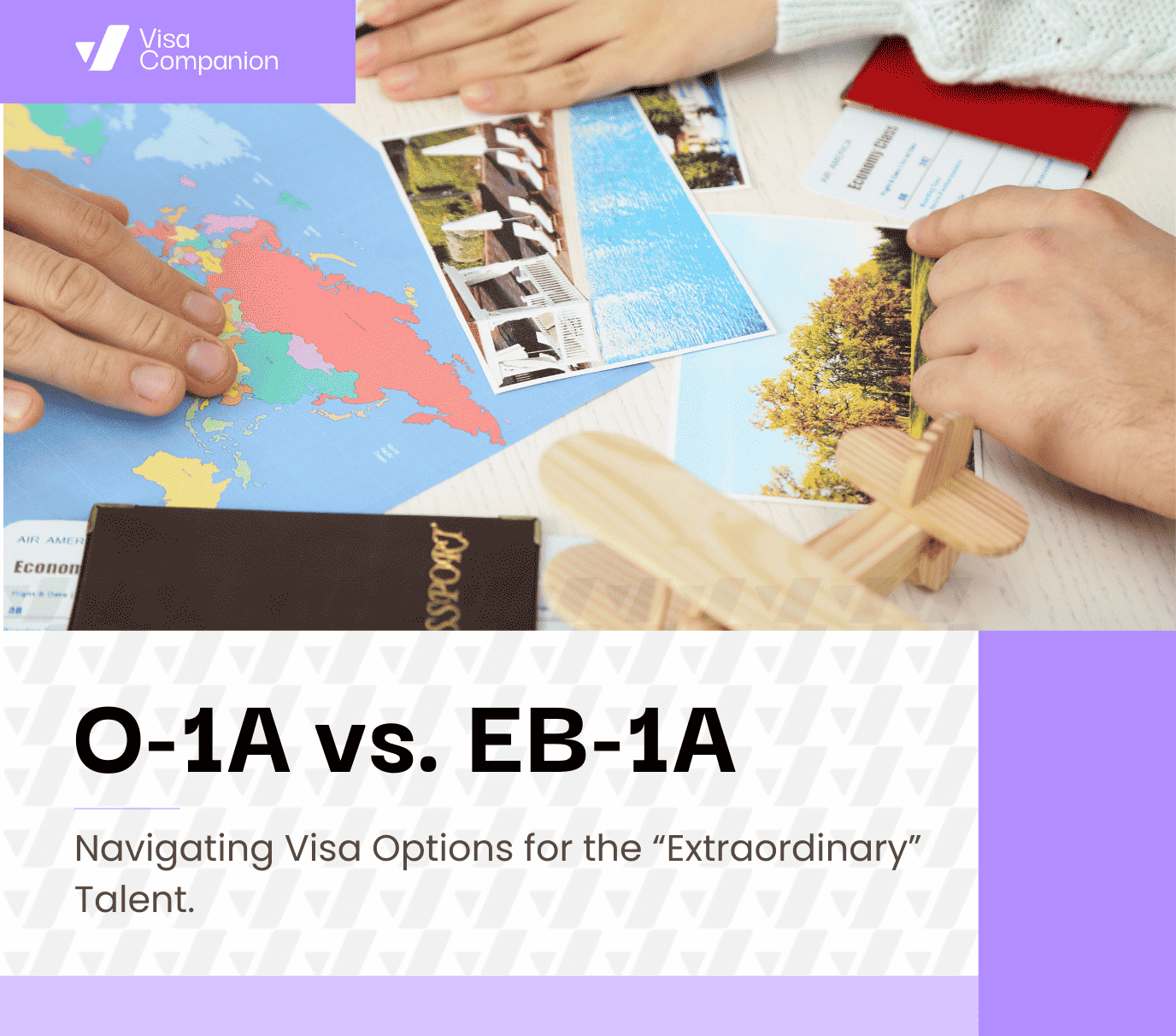Marriage-Based Green Card: Your Path to Living the American Dream with Your Spouse

Marriage-Based Green Card: Your Path to Living the American Dream with Your Spouse
Imagine a future where you and your spouse can build a life together in the United States. A marriage-based green card can turn that dream into reality. It allows the foreign-born spouse of a U.S. citizen or lawful permanent resident to obtain permanent residency in the U.S.
Here's what you'll find in this post:
- What is a marriage-based green card?
- Am I eligible?
- What's the process?
- What documents do I need?
- What are the costs?
What is a Marriage-Based Green Card?
A marriage-based green card grants lawful permanent resident status to the foreign-born spouse of a U.S. citizen or green card holder. With a green card, you can legally live and work in the U.S., travel freely (once approved), and eventually apply for citizenship.
Am I Eligible?
To be eligible, you must be legally married to a U.S. citizen or green card holder. Your marriage must be considered bona fide (genuine) by U.S. Citizenship and Immigration Services (USCIS). This mean:
- You must be in a valid, legally recognized marriage to a U.S. citizen or green card holder.
- Both spouses must intend to live together as a couple.
- Your marriage cannot be primarily for immigration benefits (be prepared to show genuine proof of your relationship).
What's the Process?
The process generally involves several steps:
- Form I-130 Petition: Your U.S. citizen spouse files a petition on your behalf to establish the legitimacy of the marriage.
- Application and Evidence Gathering: You submit Form I-485, Application to Register Permanent Residence or Adjust Status, and supporting documents proving your marriage bona fides (joint bank statements, lease agreements, photos, etc.).
- Biometrics and Interview: To assess the authenticity of your marriage, you'll undergo a fingerprint scan and interview with a USCIS officer.
- Green Card Approval (or Denial): USCIS will review your application and notify you of their decision.
What Documents Do I Need?
- A completed Form I-130 (Petition for Alien Relative) filed by your U.S. citizen spouse.
- Proof of your marriage (marriage certificate).
- Evidence of your bona fide relationship (photos, joint bank statements, lease agreements, etc.).
- Proof of your spouse's U.S. citizenship (birth certificate, passport, etc.).
- Medical examination results.
What Are the Costs?
There are associated fees, including the Form I-130 petition, the Form I-485 application, biometric services, and medical examinations.
Is There More Than One Type of Marriage-Based Green Card?
Yes! If you've been married for less than two years when you apply, you'll receive a conditional green card (CR-1) valid for two years. After that period, you must remove the conditions by filing another form together. If you've been married for over two years, you can apply for a regular green card (IR-1) valid for ten years.
Considering a Marriage-Based Green Card?
This blog post provides a basic overview. Remember, immigration laws can be complex, and it's wise to consult with an immigration attorney to discuss your specific situation and ensure a smooth application process. With careful planning and guidance, a marriage-based green card can be your gateway to a life together in the U.S.
Next Steps:
- Schedule a consultation with visacompanion.ai to discuss your eligibility and receive personalized guidance.
- Explore USCIS resources for the latest application procedures and forms: Green Card for Immediate Relatives of U.S. Citizens.
More Blogs

Navigating EB2-NIW and EB-1A Visa Timelines: Strategies for Efficient Processing
June 2, 2023Understanding the processing times for EB2-NIW (National Interest Waiver) and EB-1A (Extraordinary Ability) visas is crucial for applicants aspiring to obtain these U.S. employment-based preference visas.

EXPLORE THE PATHWAYS TO U.S. RESIDENCY: UNDERSTANDING THE EB-2 NIW VISA
April 22, 2023The EB-2 visa is one of the most sought-after visa classifications in the U.S. employment-based immigration system. Designed for individuals with advanced degrees or exceptional abilities in their field, this visa provides a pathway to permanent residency (Green Card) in the U.S. In particular, the EB-2 National Interest Waiver (NIW) stands out because it allows qualified individuals to bypass the need for employer sponsorship and labor certification. In this blog, we’ll focus on the EB-2 NIW visa classification—what it is, how to qualify, and the steps to apply. Whether you’re a scientist, entrepreneur, or professional with expertise in a critical field, this guide will provide the comprehensive information you need.

O-1A vs. EB-1A: Navigating Visa Options for the "Extraordinary" Talent
April 22, 2023Explore the differences between the O-1A and EB-1A visas for talented individuals immigrating to the US. Learn about the temporary, sponsored O-1A visa versus the permanent, self-petitioning EB-1A option. Gain clarity on which visa aligns best with your goals.

Empowering Your Immigration Journey with Expert Guidance
April 2, 2024Imagine the thrill of a new life in the US. It could be a groundbreaking research opportunity at a prestigious university, reuniting with family you haven't seen in years, or the chance to build a life in a dynamic, multicultural society. But before you celebrate with that celebratory American apple pie, the intimidating world of immigration laws looms. Complex legalese, unfamiliar processes with ever-changing deadlines, and the constant worry of rejection – enough to turn anyone's dream into a stressful mess.